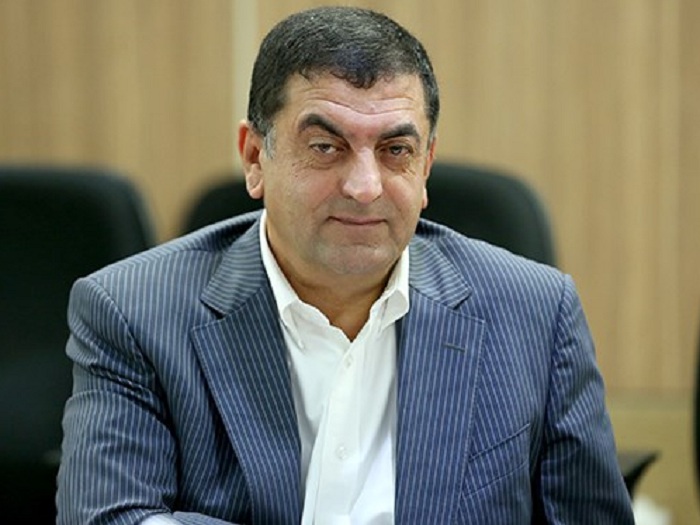The mission of the future government is to remove barriers to production, not to interfere in the market

According to the head of the Shiraz Chamber, the reform of the country's banking system has been emphasized for many years; But so far no effective action has been taken and the future government must do something fundamental in this regard.
According to the International Iranian Stone Exhibition, what are the do's and don'ts of the future president for the country's economy? Jamal Razeghi Jahromi, the head of the Shiraz Chamber, says: The answer to this question is strictly impossible; It is difficult because we have a lot of demands from previous years; It is easy because economic activists have been shouting their demands for years.
Razeghi Jahromi says: To answer this question, we can examine the case of the problems of economic actors; For example, what were the most important barriers to the business environment for artisans last year?
He continues: The country's economy has been suffering from structural problems for many years. A variety of international sanctions have hampered production and economic growth, and the outbreak of Covid-19 has added to the challenges and threats to the manufacturing sector. This situation has affected all economic sectors, but the industrial sector has been affected by these challenges more than other sectors.
A member of the Iranian House of Representatives continues: "Last year, the United States exerted the most severe pressure and grounded the country's economy." Due to banking and insurance sanctions, the industries were not able to supply their raw materials and intermediaries in the right way, and as a result, the increase in overhead costs led to an increase in the cost of goods. Inflation, which has risen sharply due to domestic and foreign issues, has reduced purchasing power and, consequently, affected effective demand. In such circumstances, the lifting of sanctions and interaction with the world and global economies must be emphasized.
"One of the major challenges facing the industry is the lack of investment," he said. According to available statistics, until 1396, the growth of net capital stock in the 90s has always been negative. Numerous factors have led to low investment returns, the most important of which are the high cost of facilities and the growth of the exchange rate. Confidence in the country's economic and investment climate must be restored.
According to the head of the Shiraz Chamber, providing liquidity has always been a challenge for the industrial sector. The reform of the country's banking system has been emphasized for many years, but so far no effective action has been taken and the banks are operating as islands. The future government must do something fundamental in this regard. At present, production is not a priority of the country's banking system, and banks provide facilities to higher-profit projects instead of supporting producers.
He emphasizes: "Another issue is that in the years when inflation is high, government intervention in the market also increases, unaware that this intervention itself is a cause of instability in the market." The producer acts on the basis of economics; But government interference reduces efficiency and destroys the incentive to produce and reward properly. Governments must value the opinion of economists and economic actors and avoid unnecessary market interference.
He continues: Manufacturers and artisans in the year in which production, support and disincentives are registered, ask the authorities to remove the barriers to production of this savior of the country's economy; If the next government does the same thing, it will be a big step for the economy.










